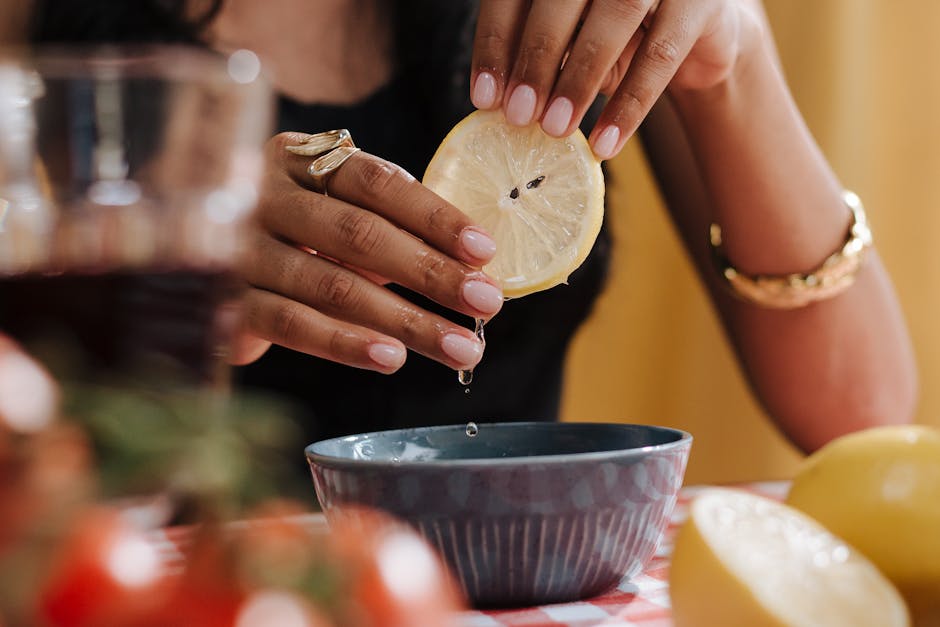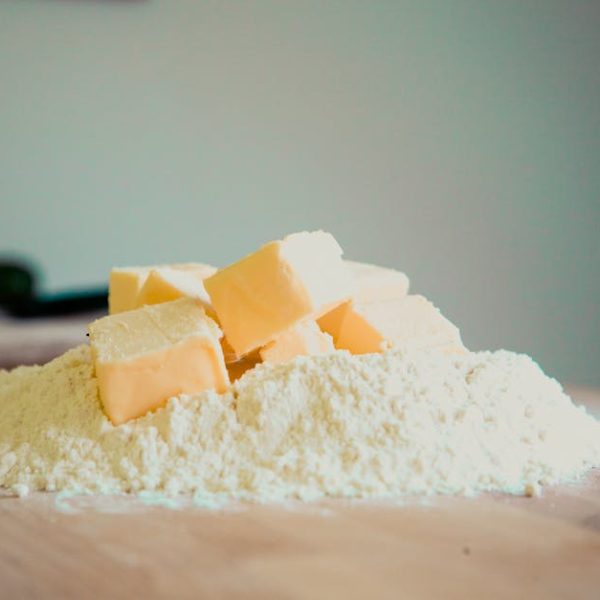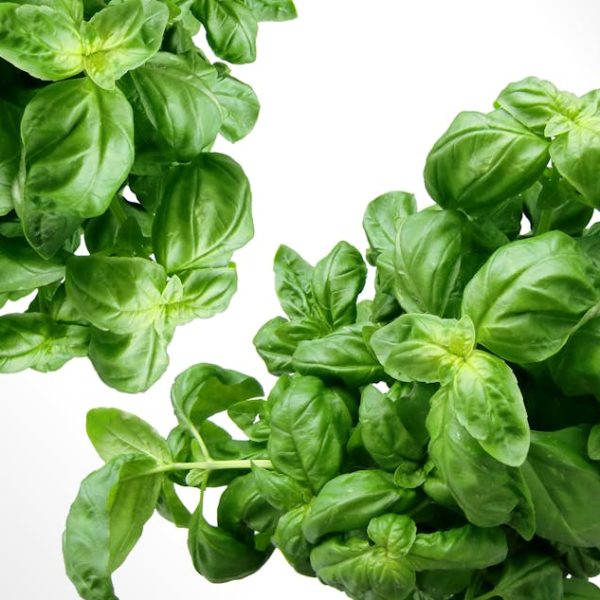Identifying whether your lemon juice has gone bad can be a kitchen conundrum. Safeguarding against consuming spoiled juice, and discarding it before it ruins your culinary endeavors, is pivotal. However, determining its freshness goes beyond just giving it a sniff; it requires a keen eye, a discerning nose, a considerate taste test, and a sharp awareness of its texture and shelf life. This article will guide you through five smart tips, ranging from visual inspection to checking the expiry date, to help you ascertain if your lemon juice has passed its best.
1. Observing the Appearance and Structure of the Lemon Juice
Your first clue to assess the freshness of lemon juice lies in its appearance. Typically, fresh lemon juice boasts a bright, clear, yellow hue. If your juice has discolored, turning murkier or excessively cloudy — this could be the first red flag. Another visual cue of decay is mold, which appears as blue-green, fuzzy substances floating in your juice.
- Discoloration, murkiness, or presence of visible mold are indications of spoiled lemon juice.
- Pro Tip: Routine checks at the bottom of your lemon juice container might reveal unwanted particles or sediment-like contents, signifying the breakdown of the juice.
2. Evaluating the Smell of the Lemon Juice
The signature scent of fresh lemon juice is a robust citrusy aroma – zesty, tangy, and refreshing. If your lemon juice starts to exude a yeasty, fermented odor, or a sour scent that’s stronger than usual, it might not be safe to consume.
- Chart indicating differences between fresh and spoiled lemon juice smell:
| Fresh Lemon Juice | Spoiled Lemon Juice |
|---|---|
| Zesty & Tangy | Yeasty & Sour |
- Best Practice: Familiarize yourself with the typical scent of fresh lemon juice to detect any off-smells promptly.
3. Testing the Lemon Juice Taste
Fresh lemon juice has a uniquely sharp, tart taste with a slight sweetness. Once this juice spoils, it may transform into a bitter or overly sour flavor. However, tastiness should be your last resort for testing spoilage, as it may involve ingesting rotten product.
- While tasting offers immediate results, it is risky as it requires consuming potentially spoiled juice.
- Best Practice: When in doubt, rely more on visual and olfactory cues. Only taste if necessary, and then, limit it to a negligible quantity.
4. Checking Expiry Date and Storage Conditions
Packaged lemon juice comes with an expiration date; however, lemon juice can spoil before this date if not stored correctly. Hence, diligently monitoring the storage conditions is key to prolonging its shelf life. Always store lemon juice in cool, dark places or preferably in a refrigerator, to delay breakdown and maintain freshness. Rapid bacterial growth occurs at room temperature, and exposure to sunlight can degrade the juice quality.
- Lemon juice storage conditions strongly influence its shelf-life and freshness.
- Pro Tip: Always be wary of the storage conditions. Keeping the juice in a refrigerator or in a cool, dark place can sustain its freshness for longer. Remember that even if the expiry date hasn’t passed, it can still spoil due to improper storage.
5. Paying Attention to the Texture of the Lemon Juice
Over time, spoiled lemon juice may undergo changes in its texture. Unlike the thin, smooth consistency of fresh lemon juice, spoiled variants may appear more viscous or oily. This is a sign of bacterial growth and therefore, a sharp indicator of juice turning bad.
- Comparison of fresh vs. spoiled lemon juice texture:
| Fresh Lemon Juice | Spoiled Lemon Juice |
|---|---|
| Thin & Smooth | Viscous or Oily |
- Pro Tip: Maintain a small sample of fresh lemon juice for comparison. A reference sample will assist in making accurate judgments about the smell, taste, look, and feel of your stored lemon juice.
Conclusion
Identifying spoiled lemon juice is integral to your health and culinary experience. By observing changes to the appearance, smell, and texture, testing the taste if required, and paying attention to the expiry date as well as storage conditions, you can safeguard against the consumption of bad lemon juice.
Remember, when in doubt, it’s safer to discard the suspicious juice and start fresh. After all, better safe than sorry is a key rule in kitchen hygiene and food handling procedures.
Key Takeaway:
- Evaluating the visual properties of lemon juice (such as color, presence of mold, and sediment) can help ascertain if it has spoiled.
- Any shift from the usual citric smell to a fermented/sour smell indicates that the lemon juice has gone bad.
- While tasting can provide immediate results, it’s also risky and should be done with caution.
- It’s crucial to check the expiry date and storage conditions of the lemon juice.
- Changes to the texture of lemon juice (becoming more viscous or oily) indicates spoilage.
Preserving the freshness of your lemon juice can greatly enhance your culinary experiences and protect your health. By incorporating these checks routinely, you’ll be well-equipped in decoding the freshness of your lemon juice. Remember to always discard any suspicious juice and when in doubt, err on the side of caution.
FAQs
Q: How often should I check my stored lemon juice for signs of spoilage?
A: It’s a good practice to check your stored lemon juice each time you use it. In addition, schedule a routine inspection every couple of days for good measure.
Q: Can I use spoiled lemon juice for household cleaning purposes?
A: Although it’s not advisable to consume spoiled lemon juice, you can repurpose it for cleaning tasks, such as removing stains and odors.
Q: Is the same procedure applicable to check if a fresh lemon has gone bad?
A: Yes, similar steps can be applied. Always inspect the lemon for discoloration, mold, or an unusual smell, which indicate spoilage.
Q: What are some immediate actions to take upon identifying spoiled lemon juice?
A: If you discover that your lemon juice has spoiled, dispose of it immediately to prevent accidentally using it in your food.
Q: What are some other storage practices to extend the freshness of my lemon juice?
A: Besides refrigeration, consider storing your lemon juice in a glass container as it can further preserve freshness by preventing contact with air.
Help us spread the word about these tips by sharing this post. Please check out the other articles on our website for more useful advice.






